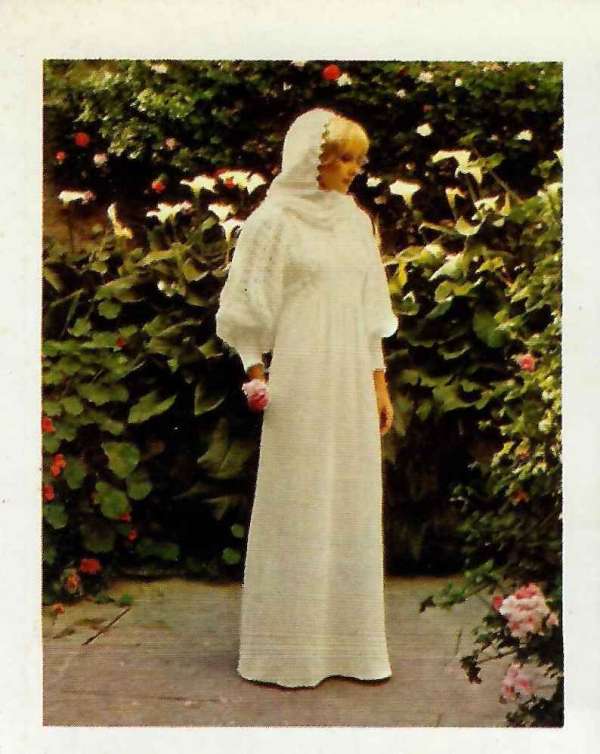A recent article about a dispute between a crocheting college football player’s right to sell or give away his team-colored caps and scarves created quite a stir. Since I have an inside line to an attorney, I asked his opinion. Here’s what he told me – couched in lawyer-like wording, of course.
Follow this link to the original discussion:
http://briansawyer.net/2007/01/03/real-men-also-crochet/#comment-13456
Then, read the lawyer’s ‘response’ to my question: Does the NCAA have the ability to copyright team color schemes or to prevent a player from making/selling/donating caps and scarves in said colors?
“A similar issue recently came up when A-B marketed cans of Budweiser in school colors. No Logos or names were used, just colors — though A-B acknowledged that it was using the color schemes of many of the big NCAA programs (Black and Gold cans in Columbia, MO for example). This caused something of a flap and drew legal threats from the schools and the NCAA. I’m sure that you can more on Google news. A-B relented, though I am not sure whether it was legal threats or public pressure that caused them to cancel the promotion. Regardless of anyone’s thoughts on the product being sold, or the wisdom of such a promotion in that context, I found it odd that the schools and the NCAA felt that they had some sort of entitlement to all of these simple, two-color schemes. That may or may not relate to the matter at hand. Looking more specifically at the question you raise, there are a couple of questions and, unfortunately, I don’t have any good answers. 1. Does the NCAA have a valid IP monopoly on the team color scheme? I tend to think not, but I don’t know. It seems more likely to me that they have lawyers who can make noise, knowing that their targets have less by way of resources. (Note the ongoing, and local, North Face/SouthButt flap) 2. Is the player contractually prohibited from engaging in this activity? This seems like a more likely possibility. I’ve never seen a player scholarship agreement, but I’m guessing they contain all sorts of prohibitions, especially with regard to the athlete’s making money off of his athletic relationship with the NCAA and the school while that relationship is ongoing. That again is just a guess. Unfortunately I don’t have any more intelligent insights on the matter.”

I googled more about this as I was curious as to why he was prohibited and found an article (link below) and the reason for the ban was due to NCAA regulations prohibiting athletes from using their name or likeness to promote or sell commercial goods.
http://www.idahostatesman.com/ianjohnson/story/77835.html
The regulations also extended to his wedding – no freebies or discounts not available to the general public.
Funny you should mention this. My Hubby is a photographer and has been debating taking pictures of local public buildings and landmarks. He knows he can’t sell a picture taken of a private home but the legal restrictions/rules on selling pics of a Government or public university landmark/building are as clear as mud!
Frustrating for the creative types ya know!